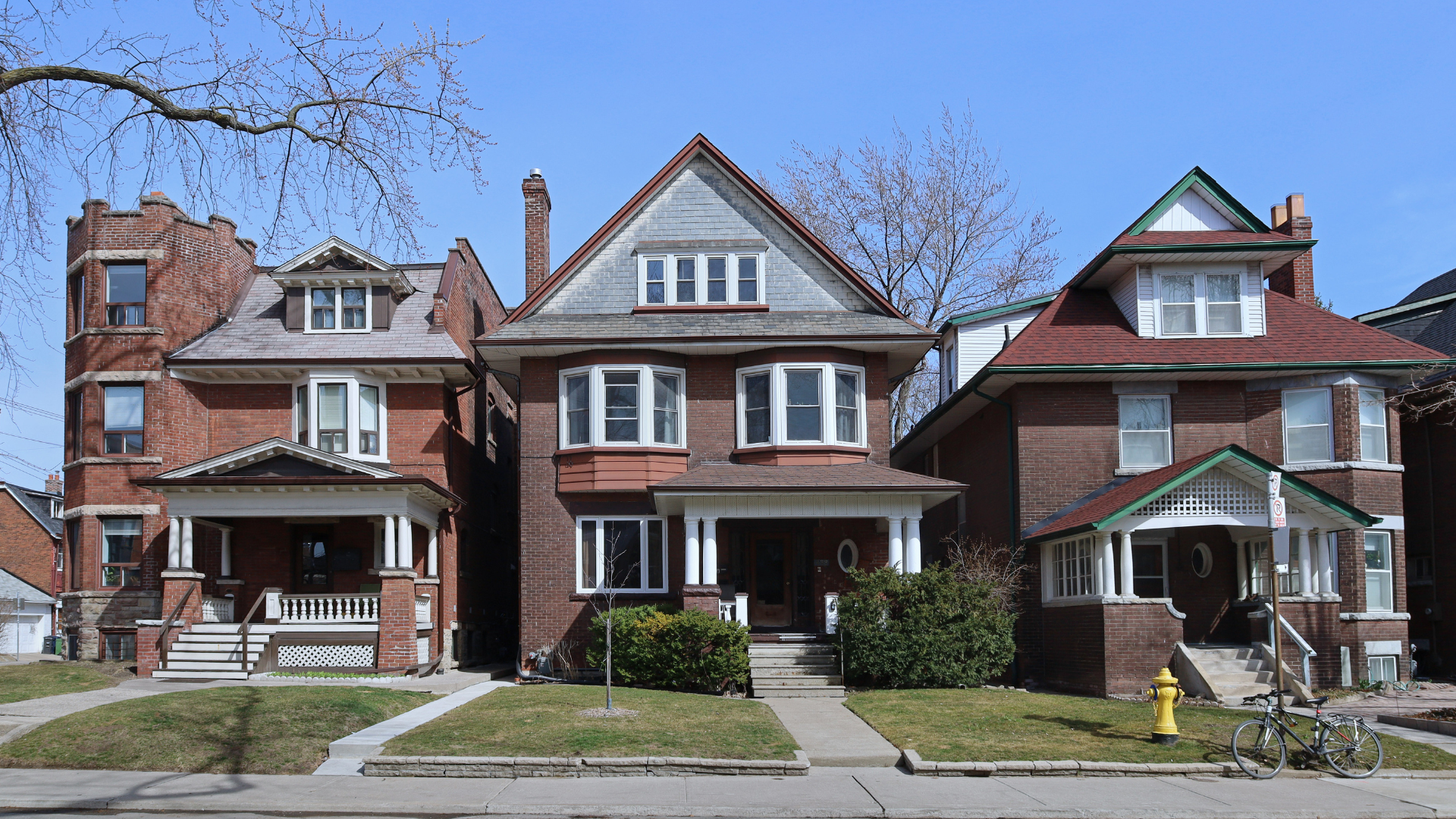It’s been a busy 2018, and it’s only going to get more interesting from here as we gear up for election season.
Some quick briefs:
Illinois Rent Control On Hold For Now
Hearings were held in the executive committee in the Illinois Senate on rent control this past month. CAR senior director of government affairs Brian Bernardoni testified in opposition. We presented a lengthy list of alternatives to rent control.
Statewide hearings may be held this summer. The Chicago Association of REALTORS® has coordinated efforts with Illinois REALTORS® to secure funding for a research proposal on the impact of rent control.
Lessons from Seattle: Rent Control
In April, CommercialForum teamed up with our Government Affairs Directors for a special Breakfast with the GADs, focusing on rent control. We welcomed Roger Valdez, director of Seattle for Growth, a nonprofit group that advocates for more housing of all types in every neighborhood in Seattle, for people of all levels of income. Valdez has opposed efforts to charge fees on every square foot of new development in Seattle and resisted proposals to impose statewide rent control.
Here’s what we learned from Roger’s presentation:
- Seattle isn’t dissimilar to Chicago– an influx of jobs and people means the demand for housing goes up – and as anyone familiar with the economics of supply and demand knows, that means prices are going up, too. Development is starting to catch up, just in time for the government to turn on regulation. The regulations are now slowing production and squeezing opportunity, and thus raising rents.
- Allow the market to react to the forces at play – Valdez is a strict advocate for this, and he points out that that idea that Amazon is raising rent is a fallacy; it’s the city council that’s at fault. For example, Seattle has implemented a fee on every square foot of new construction, causing projects not to pencil and rents to increase to pay off the fees.
Rent control is a price control, and often discussed as a means of controlling inflation, cause by a lack of supply in the face of increased demand. The underlying assumption behind price control is that prices are set by individuals acting out of greed and self-interest. But as history has proven (everywhere from Diocletian rent controls and North Korean grasshopper markets), rent control doesn’t work, and in fact creates the very inflation it seeks to contain, in addition to black markets and perverse incentives.
Instead, Valdez offered several solutions to combat the urge to implement rent control:
- Ensure adequate housing supply and diversity of housing, in all neighborhoods. Landlords, investors and developers are (by a vast majority) good people doing good work and providing a critical service for the communities. By inventorying older housing that has deferred maintenance, we can identify down-market housing and, in the case of a sale, figure out a plan to transition tenants before negative headlines happen. No one wants buildings falling down around tenants, nor do we want to exacerbate displacement. A positive solution could also be low interest loans to stop deferred maintenance, so less capital is needed when buildings sell.
- Avoid subsidized capital construction. The market does just about everything better than the government, so if you’re looking to produce more housing, be efficient in how you do that. And, keep in mind that downzoning doesn’t solve a problem – it exacerbates the issue by restricting supply.
- Create a risk pool for tenants who are hard to rent to. Ask the community to help you mitigate your risk. If it’s that important to them that you rent to a higher risk individual, how can they help you mitigate that?
- Stay engaged and support each other. There is a narrative problem when you come out in opposition of rent control – after all, data doesn’t win elections. It’s critical to support each other and to offer positive alternatives. Valdez suggested looking into various tax credit and incentive programs, including direct cash subsidies for rent.
How We’re Combating the Call for Rent Control
Anti-development forces are taking on private property rights in wards across the city, and rent control proposals that will fundamentally change property management and land values have been debated for months in Springfield and in Chicago, with no end in sight. We will continue to challenge the notion with research and practical economic arguments. We ask you to follow the Association’s social media as updates are frequent.
Just Cause Eviction Proposal Scuttled
While we were in Washington, DC, for the NAR Midyear Legislative Meetings, we were notified that a proposal from the Lawyers For Better Housing and Alderman Joe Moreno sought to create Just Cause Evictions. We coordinated with CORE and other groups to oppose the proposal at an introductory meeting at the Alderman’s Office. He heard our concerns and instead, he will be assembling a task force of property owners to discuss the issue that led to the drafting of his proposal. We will continue to vehemently oppose any efforts towards changing current eviction guidance.
Property Tax Assessment Appeals
Encourage your clients to appeal their Cook County property tax assessments prior to township deadlines. For more information on understanding the appeals process, visit our
Property Tax Appeals Guide on ChicagoREALTOR.com.
Parking Permit Program Ends Due to the Lack of Purchases
The REALTORS® Parking Permit Program has ended with the City of Chicago due to lack of interest. This was the second time the proposal was passed and the second time the proposal failed to generate sufficient interest to continue past the pilot stage.
Election Update
The Chicago region faces three elections through next April, with offices at the ward, city, county, state and federal levels all up for grabs. We will be leveraging local RPAC funds to champion pro-private property rights candidates who recognize the importance of our industry and the critical role REALTORS® play in building neighborhoods through commercial and residential transactions. For more information on how you can invest and support our efforts this election season, please visit
ChicagoREALTOR.com/RPAC.







